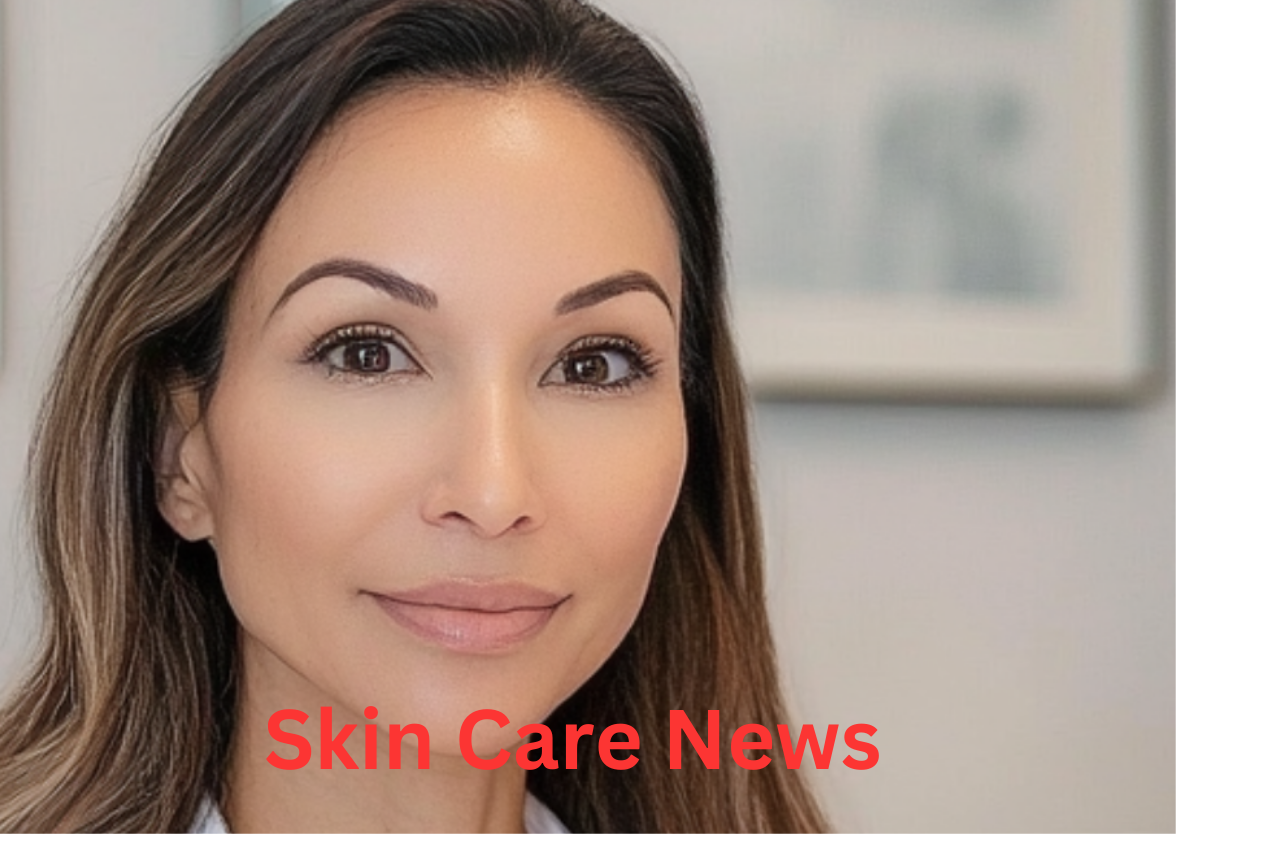Truth about collagen OTC products
The market is flooded with collagen products such as powders and serums, which are touted as anti-aging solutions, but their effectiveness when ingested or applied topically is still uncertain from a scientific standpoint.
For those serious about combating aging, professional treatments like injections are recommended, while lifestyle changes such as avoiding smoking and using sunscreen are advised for maintaining skin health. I’ve been seeing advertisements for collagen powder and supplements everywhere lately, and my sister swears by it for fighting wrinkles.
Can collagen actually help prevent aging, and what exactly is collagen? Dawn Marie R. Davis, M.D., a Mayo Clinic dermatologist in Rochester, Minnesota, provides insights into the nature of collagen and its applications. Collagen has been associated with anti-aging properties in the media. Approximately 30% of the body, including the skin, bones, tendons, and organs, consists of collagen. It is a protein in the supportive tissue of the skin, contributing to its firmness and flexibility.
As collagen diminishes over time, it can result in skin sagging, thinning, and the formation of wrinkles, which contribute to an aged appearance. Much of the anti-aging industry focuses on preserving or potentially replenishing collagen.

Collagen is available in over-the-counter dietary supplements like capsules or powder, and it can also be obtained through gelatin present in foods such as Jell-O and marshmallows. Research on the benefits of consuming collagen orally, either through diet or supplements, is inconclusive.
Often, studies on collagen are not conducted on humans, or the amounts used in the studies may be impractical for daily dietary or habitual consumption over time. When considering topical collagen products like serums and moisturizers, it’s important to note that collagen is a large protein with a complex structure that cannot be directly absorbed through the skin.
Over-the-counter products may be labeled with terms like “high hydrolyzed collagen peptides,” claiming that the collagen’s chemical structure is more absorbable in the gut lining or on the skin’s surface, making it more effective. Topical products that are not medications are not subject to the same FDA regulations as prescription medications. Similarly, oral supplements are not regulated by the FDA in the same way as food and oral medications.
With numerous products available, it’s challenging to discern how they have been tested, their contents, and whether the ingredients are beneficial, neutral, or potentially harmful. In the fields of dermatology, plastic surgery, facial, ear, nose, and throat surgery, collagen and fillers are administered through other treatment methods in a medical office, such as injections.
Therefore, for those interested in anti-aging properties and increasing volume in the deeper layers of their skin, prescription or active medical intervention in a physician’s office is recommended over-the-counter oral or topical treatments. Those interested in learning more should consult their healthcare team.
There’s no magical solution to reverse aging. Sun exposure is a significant cause of wrinkles, particularly for individuals with fair skin. Smoking constricts blood vessels in the outer skin layers and damages collagen. The most effective way to support collagen for anti-aging is to avoid smoking and exposure to secondhand smoke, limit alcohol consumption, and consistently use sunscreen.

